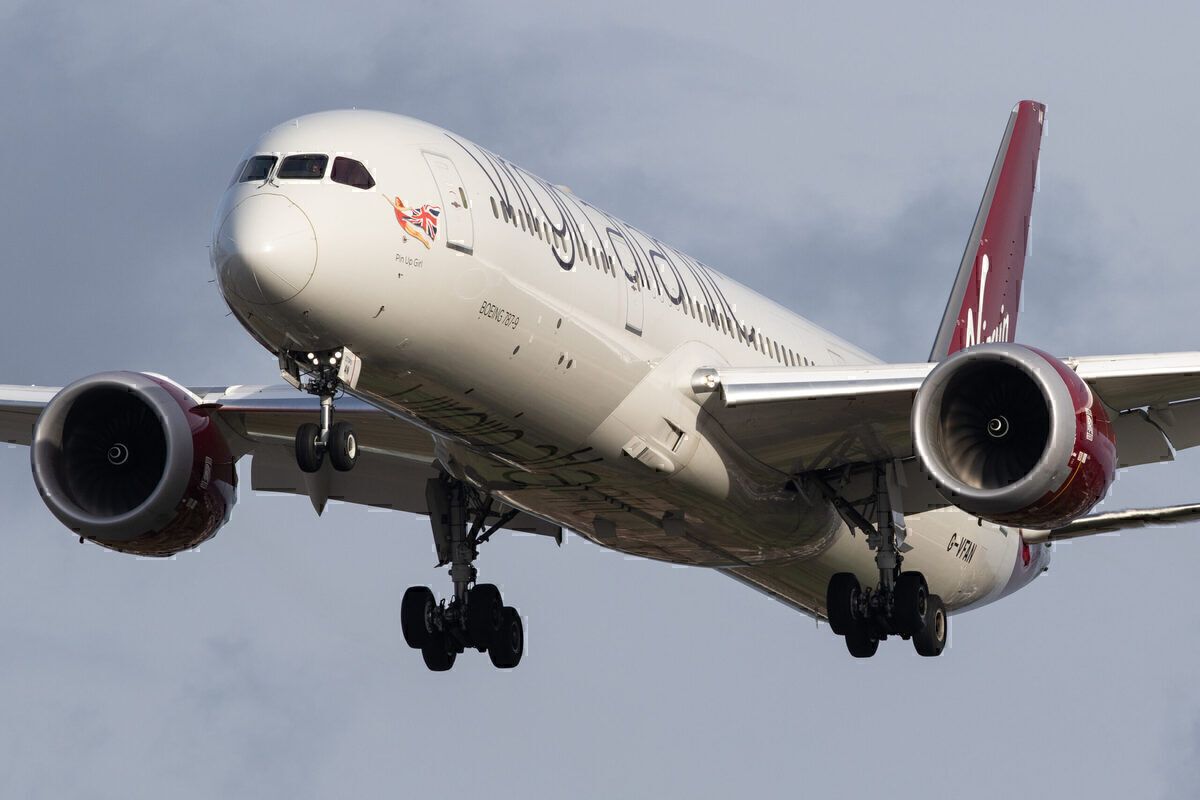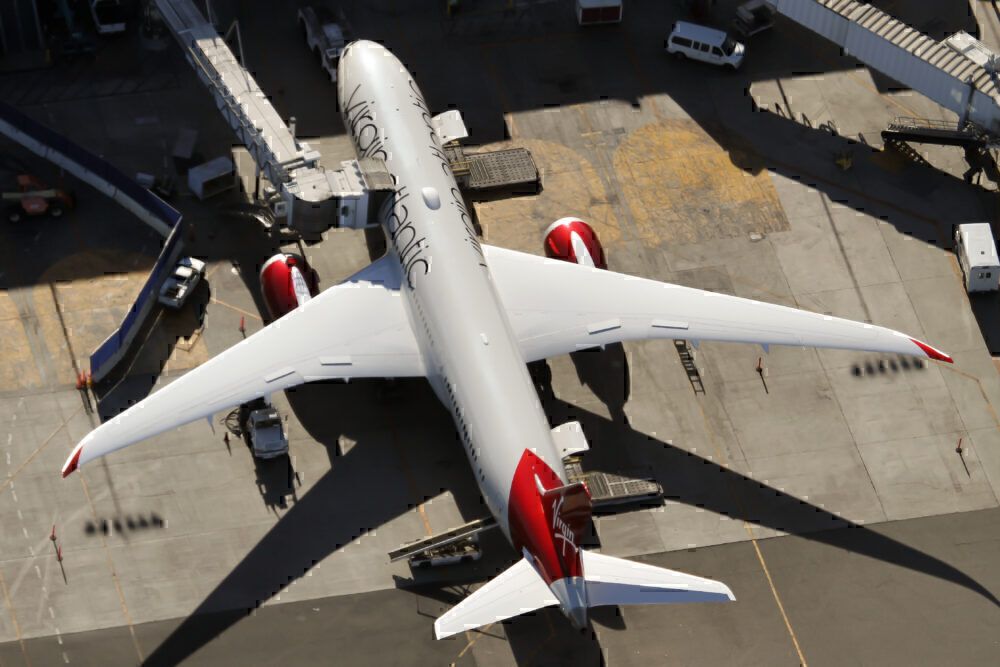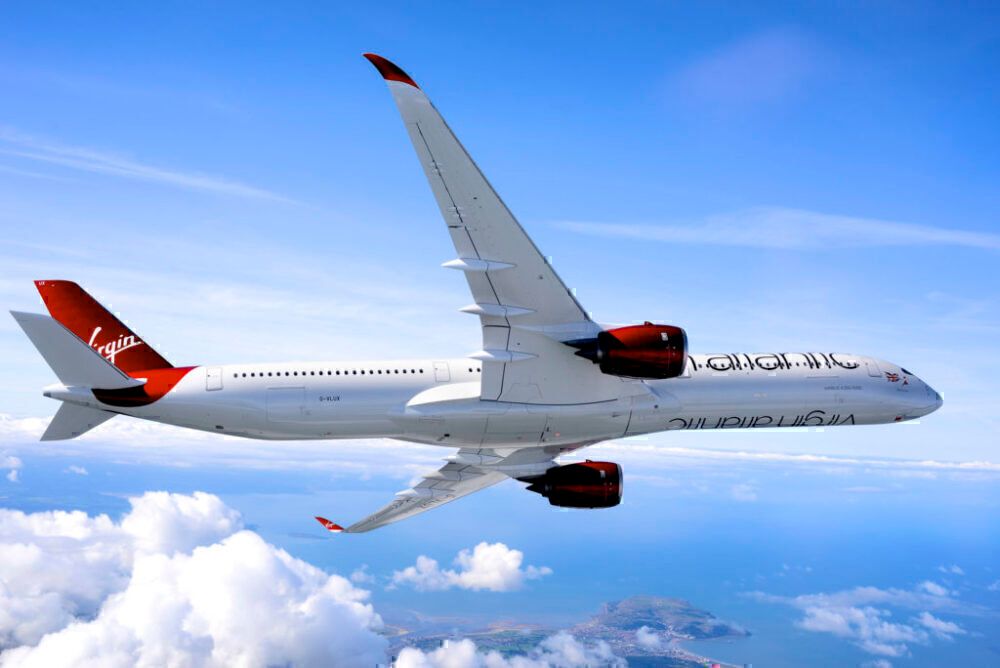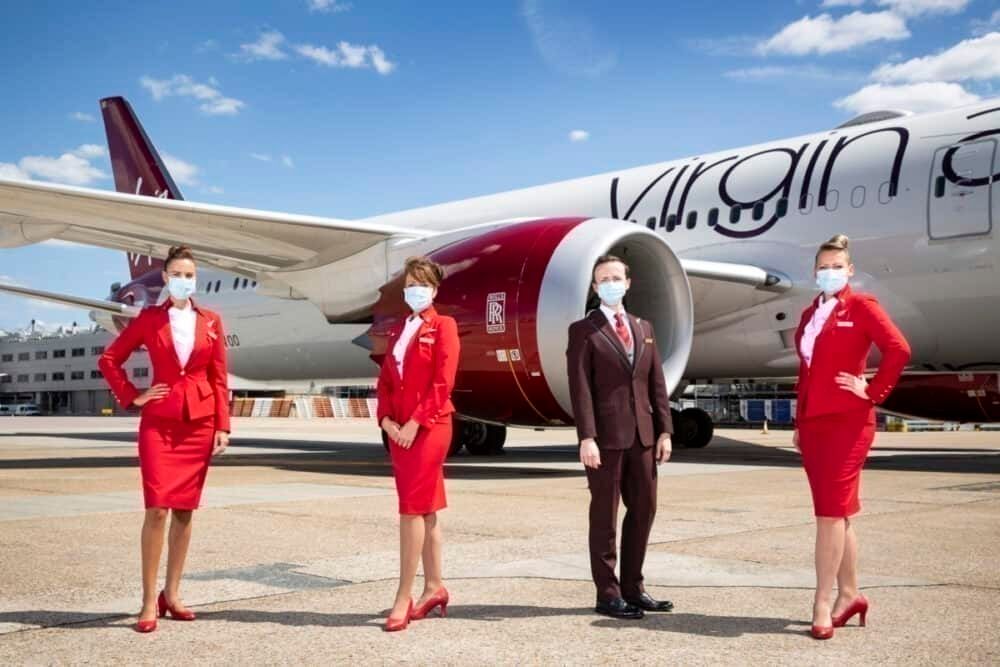Having recently completed a £1.2 billion recapitalization plan, Virgin Atlantic is set to survive COVID, despite being an airline entirely reliant on long-haul operations. CEO Shai Weiss puts its survival down to its ability to take bold and decisive action when needed, even when those decisions are sometimes hard to bear.
A leaner and more agile Virgin Atlantic
Virgin Atlantic went into the COVID crisis as one of the most at-risk airlines in the world. With no short-haul network, its entire business model relied on international connections, and with a government unwilling to dish out the billions in bailouts other European airlines have received, there was a big question mark hanging over Virgin’s future.
Eight months later, and the airline has done wonders to get itself through the crisis. The staggering recapitalization worth £1.2 billion and its refusal to stop flying activity entirely means that we’re likely to see Virgin Atlantic recover from the crisis, albeit in a somewhat leaner form. CEO Shai Weiss, speaking at CAPA Live last week, puts its success down to taking bold and decisive actions. He said,
“We've become so much more agile, so much more connected and also learning to make decisions on imperfect information. But throughout the crisis, we took decisions ahead of our competitors, bold and decisive, which continues to serve us well.”
Agility has been one of the hallmarks of the COVID crisis for airlines all over the world. Those who have fared well, with little in the way of state support or, in some cases, none at all, have had to pivot operations to suit the current climate. This has meant a stronger focus on cargo for some and new route launches for others. For Virgin, it’s been a combination of the two. Weiss commented,
“Even during the lockdown, we have actually been able to maintain our flying program with, of course, changes and trimming. We have a laser focus on doing only cash positive flying. That's really the number one criteria for us.”
He noted that the airline never stopped flying to the US, and that it had maintained connections to destinations in the Caribbean, Asia and South Africa too. A new route to Pakistan from Manchester and the added capacity to India to serve the VFR traffic just shows how adaptable the airline has become.
Stay informed: Sign up for our daily aviation news digest.
Constant adaptation
Under normal circumstances, an airline like Virgin Atlantic would put plans in place many years in advance. A roadmap for fleet, routes and capacity would be laid out, often paving a path for the next five years or more. But now, with an incredibly fluid situation worldwide in terms of border restrictions and COVID cases, Virgin is working on a more readily-adaptable model. Weiss explained,
“What most airlines are doing is very frequent scenario analysis and adapt. There's a team in our company called Fly Red, which is basically the team that brings all our commercial customer operational and financial affairs into one decision body that meets once a week and as needed to adapt to the program.”
Aside from the incredible achievement of a £1.2 billion recapitalization at Virgin, the airline has driven down its cost base too. This, says Weiss, has been a hidden benefit of the COVID crisis, and will allow the airline to consider destinations in the future that it had previously written off.
“Destinations that in the past were out of reach just because of the equation between the revenues and the costs are now within reach, which is an upside of a dramatic change in our cost base.”
Sad words for lost people
Although the Virgin CEO was upbeat in his analysis of how the airline handled the crisis, he was clearly reticent about the number of staff who had lost their jobs. He said,
“We made some tough decisions, some bold decisions, which has resulted in us basically shrinking our workforce by 50% give or take, so one in two, a devastating impact on the lives and livelihoods of so many.”
He later said that he hoped, with the recovery of Virgin Atlantic, that many of those people would be able to return to the airline ‘within a year or two’. The airline is currently working on maintaining around a 25% capacity through to the year-end, increasing to 50% through 2021.




